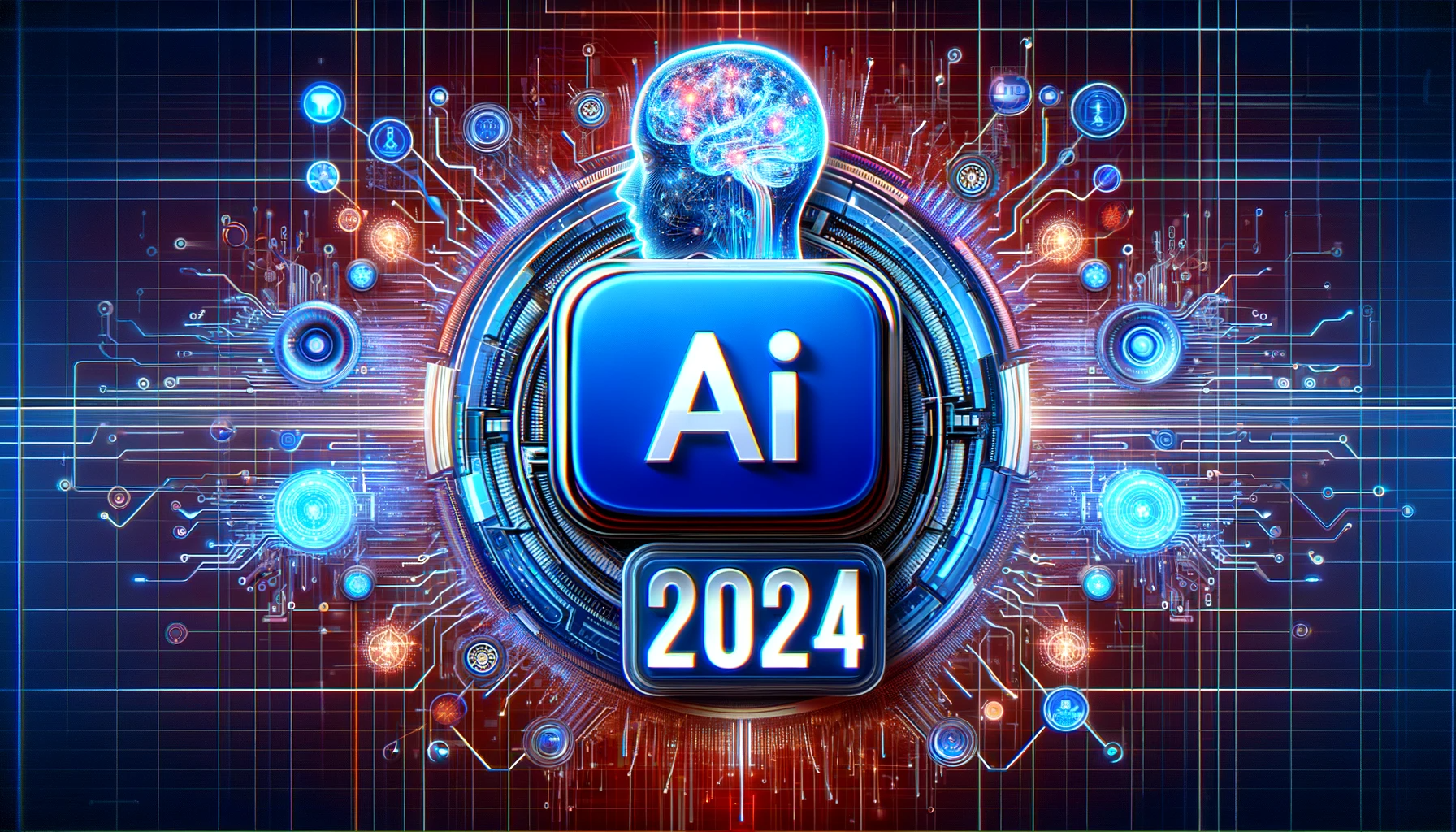AI In 2024 By Stanford

As we approach 2024, the landscape of Artificial Intelligence (AI) is rapidly evolving, presenting new challenges and opportunities for the financial sector. Stanford University's Human-Centered AI Institute (HAI) has offered critical insights into the future of AI, highlighting its impact on various aspects of business and society. This article delves into these predictions, offering financial executives a strategic perspective on how to navigate the ever-changing AI terrain.
Transforming White-Collar Work:
Erik Brynjolfsson, Director of the Stanford Digital Economy Lab, anticipates a shift in knowledge work due to AI's integration. This change will affect various professions, including those in finance, law, and creative fields. The focus is not on job replacement but on augmentation, enhancing productivity and enabling new capabilities.
The Rise of Deepfake Technologies:
James Landay, a Stanford professor, predicts significant advancements in multimodal AI models, particularly in video generation. This development necessitates vigilance against deepfakes and misinformation. The impending AI regulations, especially in the EU, are set to influence American tech giants, shaping the ethical landscape of AI deployment.
The Challenge of GPU Shortages:
Russ Altman, a Stanford professor, raises concerns about the global shortage of GPU processors, essential for AI operations. This shortage could spur innovation in hardware solutions, fostering a competitive edge among companies and nations. Stanford's efforts in low-power alternatives and AI democratization are pivotal in this arena.
Evolution of AI Agents:
Peter Norvig, a distinguished education fellow at Stanford HAI, forecasts the emergence of more functional AI agents capable of performing tasks like making reservations and planning trips. He also anticipates progress in multimedia AI, including video processing, which could revolutionize data interpretation and usage.
Anticipation of U.S. AI Regulation:
Fei-Fei Li, Co-Director of Stanford HAI, expects significant policy developments in the U.S. regarding AI. The focus will be on broadening access to AI resources and ensuring that American AI technology aligns with national values and principles.
Ethical and Policy Considerations:
Ge Wang, an associate professor at Stanford, emphasizes the need for critical questioning about AI's role in society. He advocates for accountability and the establishment of clear guidelines and policies, particularly in areas like academic publishing and institutional governance.
Navigating Complex Regulations:
With AI regulation becoming more intricate, companies, particularly in the U.S., must adapt to new consumer privacy laws in states like California and Colorado. These laws will challenge businesses to reconsider their AI strategies, especially in areas impacting consumer rights and decision-making processes.
For financial executives, understanding these AI trends is crucial for strategic planning and decision-making. The insights provided by Stanford HAI's experts underscore the need for a proactive approach in adapting to AI advancements while maintaining ethical and regulatory compliance. As AI continues to reshape the financial landscape, executives must stay ahead of the curve, leveraging AI's potential while navigating its complexities with foresight and responsibility.
World Liberty Seeks Federal Trust Charter
World Liberty Financial, the crypto venture backed by the Trump family, has applied for a US national bank trust charter... Read more
Saudi Banks Tap Overseas Markets
Saudi Arabia’s banks are borrowing from international markets at their fastest pace on record, as lenders try to squar... Read more
Amazon Continues To Cut 16000 Gone
Amazon has announced plans to cut a further 16,000 roles from its corporate workforce, extending the cost and organisati... Read more
The UK May Have A Voice In Ai
Europe’s AI sector has grown accustomed to playing catch-up. Capital has flowed more slowly than in Silicon Valley, va... Read more
Musk Applies Pressure To BT
Britain’s broadband market has spent the past decade locked in a familiar pattern. Incumbents invested heavily in fibr... Read more
Blackrock Sees EMEA Moving Into Private Assets
BlackRock has warned that investors across Europe, the Middle East and Africa are reshaping portfolios in response to wh... Read more

